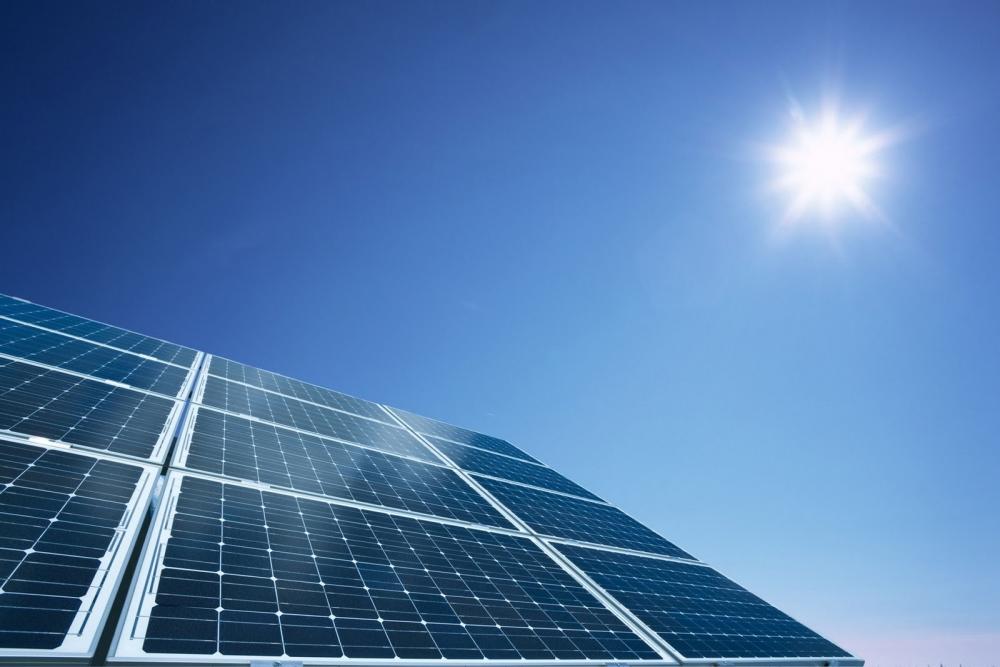
Caption
Georgia Power plans a transition to greater use of solar energy for the utility within 13 years, but critics say that pace is too slow to help fight climate change.
GPB's Peter Biello speaks with Mark Putman, state director of Voters of Tomorrow Georgia, about Georgia Power's new 20-year power plan.

Georgia Power plans a transition to greater use of solar energy for the utility within 13 years, but critics say that pace is too slow to help fight climate change.
The Georgia Public Service Commission is set to decide Thursday on Georgia Power’s new 20-year plan to provide electricity to homes and businesses across the state. The plan will double the utility’s solar capacity, but some say its plans to fight climate change aren’t aggressive enough.
Georgia Power revisits the plan every three years and seeks approval from the Georgia Public Service Commission. In this iteration of the plan, also known as the Integrated Resource Plan or IRP, Georgia Power aims to "transition its fleet to more economical, cleaner resources; invest in its transmission system to make it smarter and even more reliable and resilient; double its renewable and solar capacity; focus on energy storage solutions; and offer innovative energy efficiency programs for customers."
But some say this plan insufficiently addresses the threats posed by climate change.
In a letter issued earlier this month, a coalition of student and voter groups issued a statement asking for more aggressive investments in renewable power sources like solar, a lifting of the cap on net metering, and a faster transition away from coal.
Mark Putman, state director for Voters of Tomorrow Georgia, is one of many signers of the statement. He told GPB that young people in particular have a stake in the outcome of tomorrow's vote.
"The impacts made during this IRP hearing ... will impact what type of future we will inherit," he said. "It will impact how much coal ash we're going to have to clean up. It'll impact how much climate change is going to progress."
Putman said Georgia Power's plans to double its solar capacity in 13 years is too slow.
"This is something they could easily do much quicker," he said. "Our state has invested in solar energy at a much faster pace and we could do much better."
Georgia Power plans to transition away from coal-fired plants, which Putman said is a good goal. But he said that energy should be replaced by solar, not natural gas.
"If we are going to be suckered into the false promise of cheaper cost of natural gas, then we also have to pick up the bill for damages to public health," he said. "We also have to deal with pollution that harms agriculture and the fishing industries, which raises our food prices. We also have to deal with the damages to our economy."
Putman said he hopes the commissioners keep in mind the broader impacts of their decision and "what type of future they're going to be creating for younger Georgians."